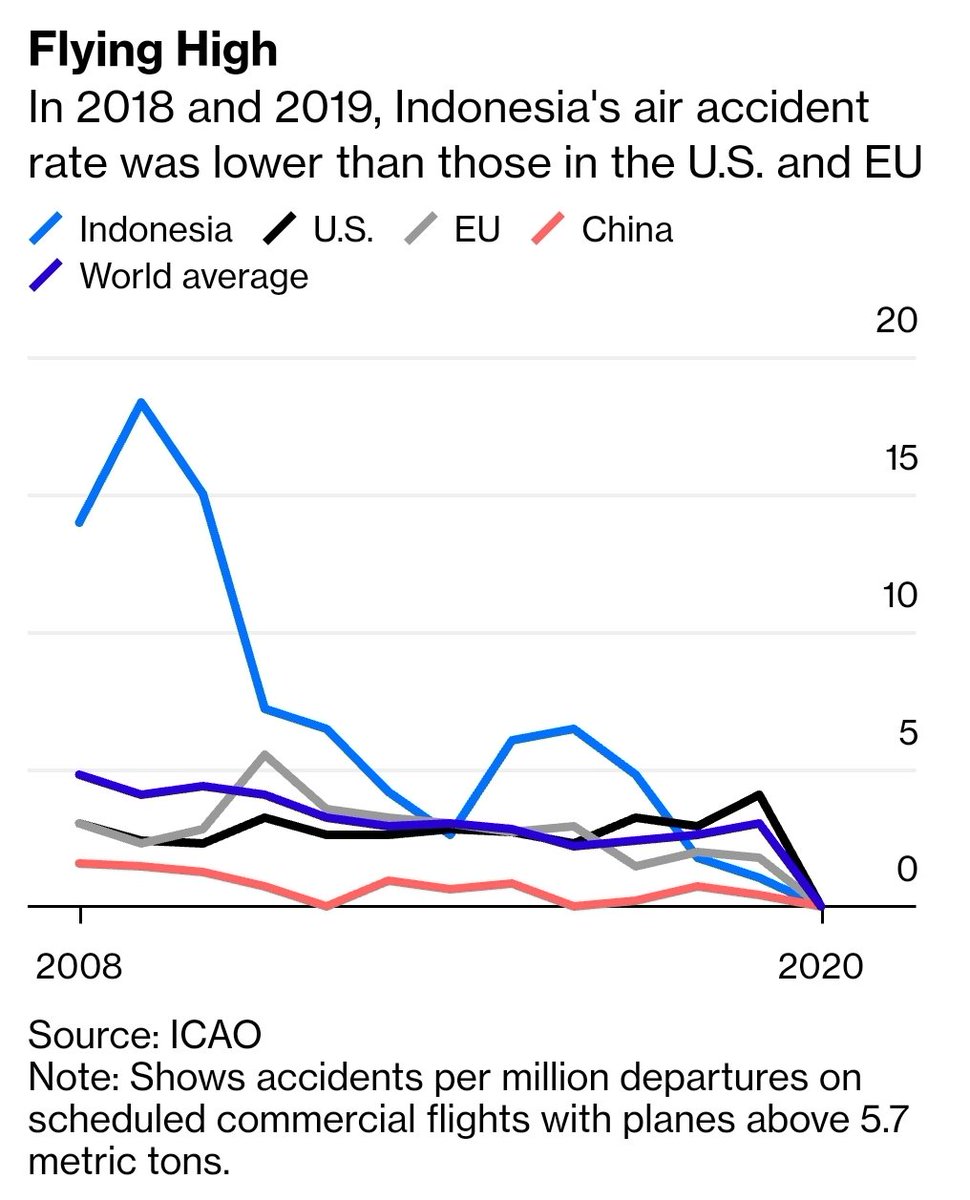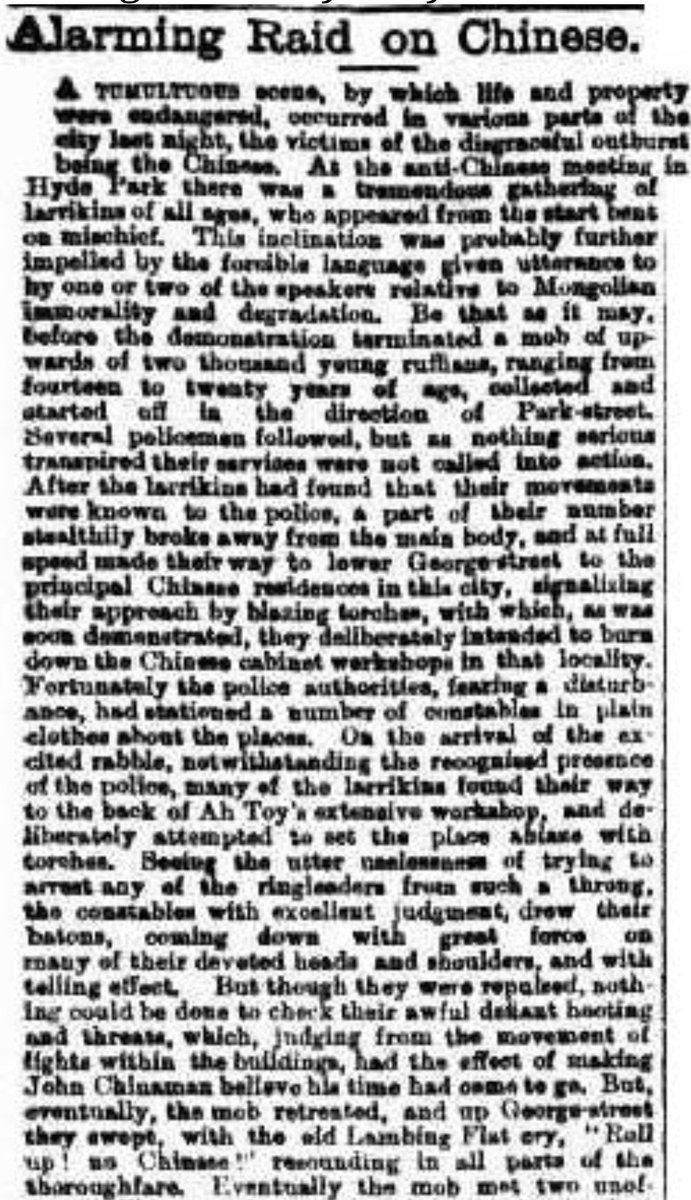
So much commentary on Trump bans from social media seems to ignore that this is literally the "shouting fire in a crowded theatre" exception to freedom of speech.
Of course Twitter and Facebook, as private actors, can do what they want on their platforms without it infringing freedom of speech.
But clearly in their "public square" rhetoric they take the approach of supporting as much speech as possible.
But clearly in their "public square" rhetoric they take the approach of supporting as much speech as possible.
But all but the very fringiest conceptions of free speech have always supported restraints in the event of imminent risk to the safety of individuals.
And Trump has been using his social media accounts to foment a putsch.
What's hard to understand about this?
And Trump has been using his social media accounts to foment a putsch.
What's hard to understand about this?
• • •
Missing some Tweet in this thread? You can try to
force a refresh










